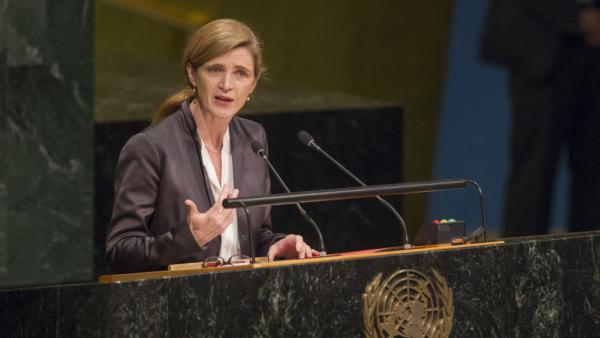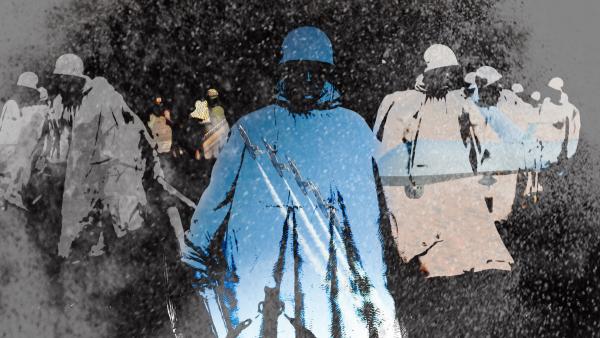Journalist Malcolm Gladwell is famous for mining behavioral science for his work, and when it comes to better understanding the intersection of crime, violence, and policing, he turns over and over to criminologist Frank Zimring.
Politics and History
Tyrone Muhammad, also known as "Muhammad the Mortician," is the funeral director at Newark’s Peace and Glory Home for Funerals. He spent decades trying to stop the epidemic of gun violence in the black community he serves, but nothing prepared him for a pandemic.
This week's show comes to you from our kitchens and homes. We’re thinking about the heroic doctors and nurses on the front lines of the pandemic.
Nineteenth century European explorer David Livingstone died of malaria nearly 150 years ago, but as author Petina Gappah explains, Africans are still debating his legacy today as they assess the impact of European colonialism.
Samantha Power was President Obama's ambassador to the UN, taking part in life-and-death decisions, including whether to launch military strikes. She talks about her two biggest foreign policy challenges — whether to intervene in Libya and Syria.
Was Qassem Soleimani 'assassinated'? 'Killed'? The legal differences are complicated, says Brookings Institution fellow Scott Anderson.
What drives us toward armed conflict? And what does it take for peace activists to face down tyrants and military leaders?
Africans are moving into cities in unprecedented numbers. Lagos, Nigeria, is on track to have 100 million people. So how and why do cities thrive?








